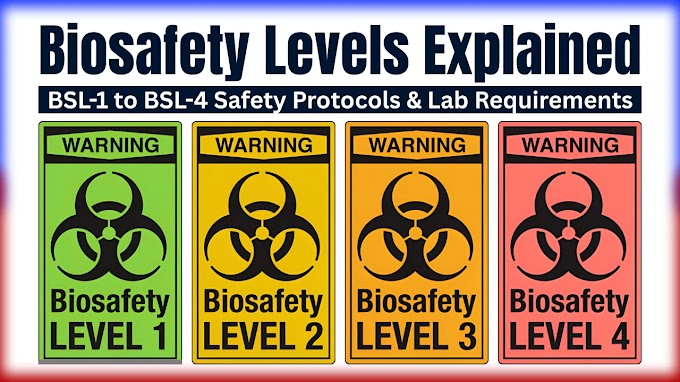Introduction
Vaccines have played a crucial role in reducing the burden of infectious diseases throughout history. They have saved countless lives and prevented untold suffering. However, vaccines have also been the subject of controversy, with some individuals and groups questioning their safety and efficacy. In this blog post, we will explore the history and science of vaccines, as well as some of the controversies surrounding them.
The History of Vaccines
The history of vaccines dates back to the late 18th century when English physician Edward Jenner observed that milkmaids who had contracted cowpox, a relatively mild disease, were immune to smallpox, a much more serious and deadly disease. Jenner tested his theory by inoculating an 8-year-old boy with cowpox and then exposing him to smallpox. The boy did not contract smallpox, and the field of vaccination was born.
Over the next century, vaccines were developed for a number of infectious diseases, including cholera, typhoid, and tuberculosis. In the 20th century, vaccines were developed for polio, measles, mumps, rubella, and many other diseases. These vaccines have had a significant impact on public health, leading to a dramatic reduction in the incidence of many infectious diseases.
The Science of Vaccines
Vaccines work by stimulating the body's immune system to produce antibodies that can recognize and fight off specific viruses or bacteria. When a person is vaccinated, a small amount of the virus or bacteria is introduced into the body. This is usually done through injection, but some vaccines can be given orally or nasally. The immune system recognizes the virus or bacteria as foreign and produces antibodies to fight it off. These antibodies remain in the body, providing immunity against future infections.
Vaccines go through a rigorous testing and approval process before they are made available to the public. This process typically involves several phases of clinical trials to determine safety and efficacy. Once a vaccine is approved, it is continually monitored for safety and effectiveness.
Controversies Surrounding Vaccines
Despite the overwhelming scientific evidence supporting the safety and efficacy of vaccines, there are still some individuals and groups who question their use. One of the most persistent controversies surrounding vaccines is the idea that they cause autism. This idea gained traction in the late 1990s when a study was published linking the measles, mumps, and rubella (MMR) vaccine to autism. However, this study has since been thoroughly discredited, and numerous other studies have found no link between vaccines and autism.
Another controversy surrounding vaccines is the idea that they contain harmful ingredients, such as thimerosal, which is a mercury-containing preservative that was used in some vaccines until the early 2000s. However, studies have shown that thimerosal does not cause harm at the levels used in vaccines, and it has been removed from most vaccines as a precautionary measure.
Finally, there are some individuals who oppose vaccines on religious or philosophical grounds. In some cases, these individuals may refuse to vaccinate themselves or their children, leading to outbreaks of vaccine-preventable diseases.
Conclusion
Vaccines have been one of the most effective public health interventions in history. They have saved countless lives and prevented untold suffering. However, vaccines have also been the subject of controversy, with some individuals and groups questioning their safety and efficacy. Despite these controversies, the overwhelming scientific evidence supports the use of vaccines as a safe and effective way to prevent infectious diseases. As such, it is important for individuals and communities to work together to promote vaccination and ensure that everyone has access to this life-saving technology.

.webp)




.webp)
.webp)
